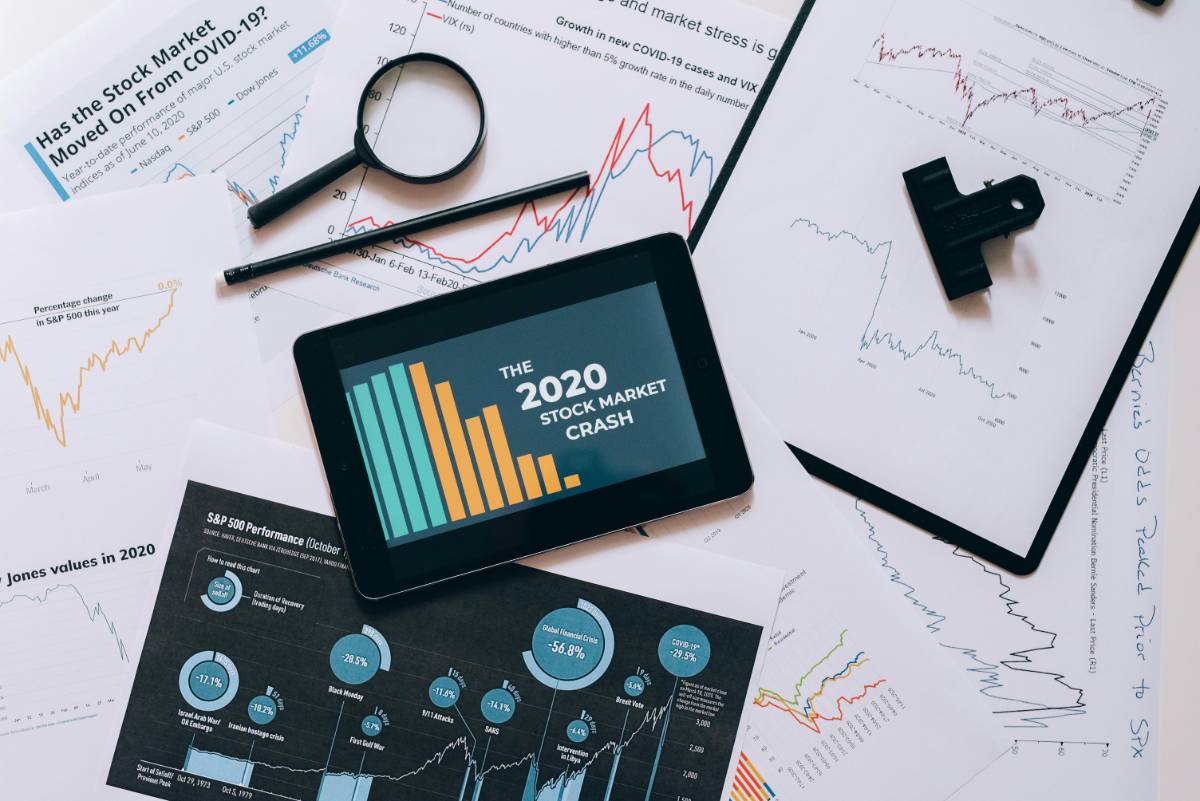
Retirement Planning: Best Strategies for Americans
 By Samantha Lee
By Samantha LeePlanning for retirement is essential to ensure financial security in later years. By adopting smart strategies, Americans can build a comfortable nest egg and enjoy financial independence.
Start Saving Early
The earlier you start saving, the more you benefit from compound interest. Even small contributions to retirement accounts can grow significantly over time.
Utilizing tax-advantaged accounts like 401(k)s and IRAs can maximize your savings potential.
Diversify Your Investments
A diversified portfolio that includes stocks, bonds, and real estate can help protect your retirement savings from market volatility and inflation.
Balancing risk and reward is key to achieving long-term financial stability.
Maximize Employer Contributions
Many employers offer 401(k) matching contributions. Taking full advantage of these matches is essentially free money that boosts your retirement savings.

Contributing at least enough to get the full match can significantly increase your retirement fund.
Plan for Healthcare Costs
Healthcare expenses can be a major financial burden in retirement. Planning ahead by investing in Health Savings Accounts (HSAs) or long-term care insurance can provide peace of mind.
Understanding Medicare and supplemental insurance options is also crucial.
You might also like
1. How Interest Rates Impact ETF and Mutual Fund Performance2. Understanding and Managing Risk in Your Investment Portfolio3. The Basics of Passive Income: How to Make Money Work for You4. Understanding the U.S. Financial System: A Complete GuideConsider Delaying Social Security
Delaying Social Security benefits until full retirement age or beyond can result in higher monthly payments. This strategy can significantly improve long-term financial security.

Weighing the pros and cons of early versus delayed benefits is an important part of retirement planning.
Conclusion
Retirement planning requires early action, smart investing, and strategic savings. By maximizing contributions, diversifying investments, and planning for healthcare, Americans can ensure a financially secure retirement.
About the author
 By Samantha Lee
By Samantha LeeSamantha Lee is a seasoned finance writer with over 8 years of experience helping millennials and Gen Z take control of their money. With a background in economics and a passion for demystifying complex financial concepts, Ananya shares actionable tips on budgeting, investing, and building long-term wealth. Her mission is to make financial literacy accessible, relatable, and empowering — no jargon, just smart money moves.
More like this

Stock Buybacks: How They Influence Share Prices
Stock buybacks have become a common strategy for companies looking to boost share prices and reward investors. Understanding their impact can help investors make informed decisions.

Meme Stocks: Are They Making a Comeback?
Meme stocks took the financial world by storm in recent years, driven by online communities and retail investors. As market conditions shift, many wonder if these stocks are making a comeback.

Dividend Stocks vs. Growth Stocks: Where’s the Best Opportunity?
Investors often face a crucial decision when building their portfolios: Should they invest in dividend stocks for stability or growth stocks for higher returns? Understanding the differences can help in making the right choice based on financial goals and risk tolerance.

How Geopolitical Events Affect U.S. Stock Performance
Geopolitical events have a significant impact on the U.S. stock market, influencing investor sentiment, market volatility, and sector performance. Understanding these effects can help investors navigate uncertainty and make informed decisions.

AI and Automation: The Next Big Disruptors in the Stock Market
Artificial intelligence and automation are transforming industries, and the stock market is no exception. These technologies are reshaping investment strategies, trading mechanisms, and market dynamics at an unprecedented pace.

S&P 500 vs. Nasdaq: Where Should You Invest?
Investors often compare the S&P 500 and the Nasdaq when deciding where to allocate their funds. Understanding the differences between these indices can help you make a strategic investment choice based on your risk tolerance and financial goals.

Why Tech Stocks Are Leading the Market Again
Tech stocks are once again at the forefront of the market, driven by innovation, strong earnings, and investor optimism. As companies in the sector continue to expand their influence, understanding the reasons behind this surge can help investors make informed decisions.

The Impact of Federal Reserve Policies on the Stock Market
Federal Reserve policies play a crucial role in shaping the stock market. Interest rate decisions, quantitative easing, and regulatory measures directly impact investor sentiment and market performance. Understanding these effects can help traders and long-term investors navigate the evolving financial landscape.

Top Performing Stocks on Wall Street This Quarter
The latest quarter on Wall Street has seen significant movements, with some stocks outperforming expectations while others struggled to keep up. Understanding these trends can help investors make informed decisions moving forward.

U.S. Stock Market Outlook: What to Expect in 2025
As we move into 2025, investors are looking for insights into the U.S. stock market's potential trajectory. Market trends, economic policies, and global events will all play crucial roles in shaping investment opportunities.





